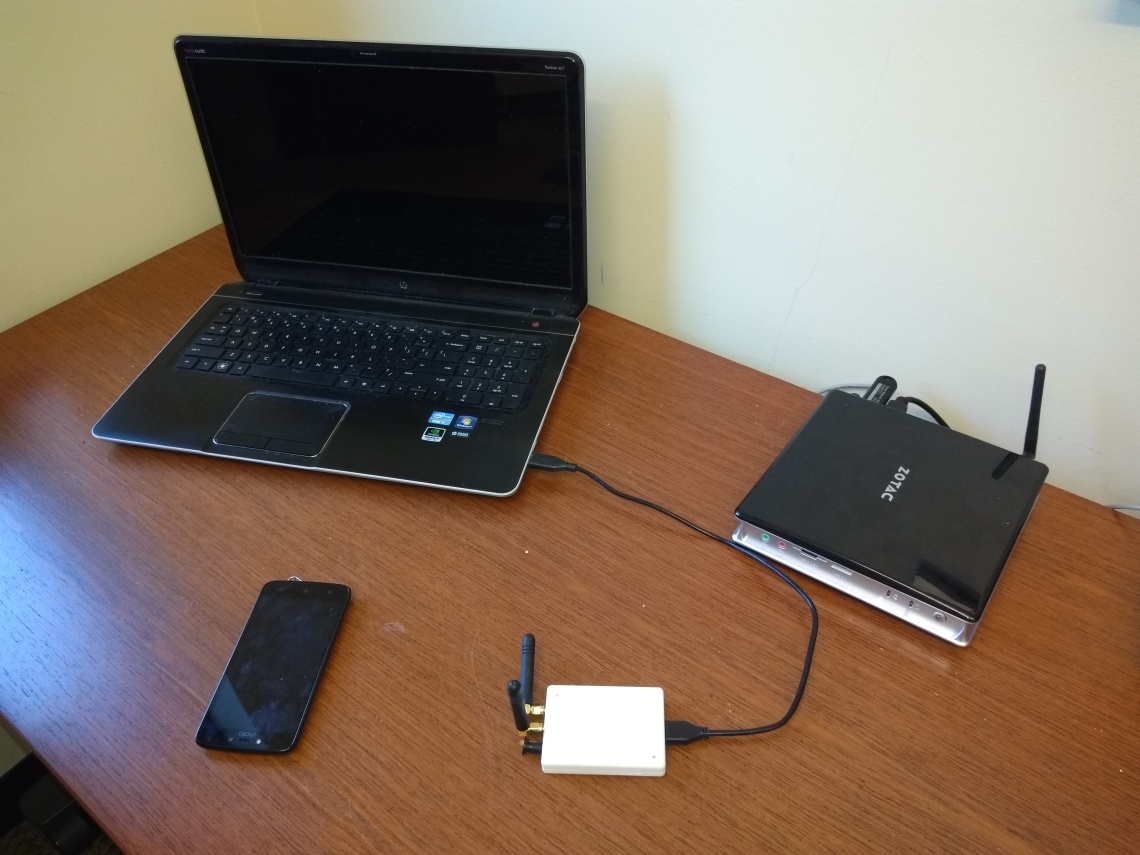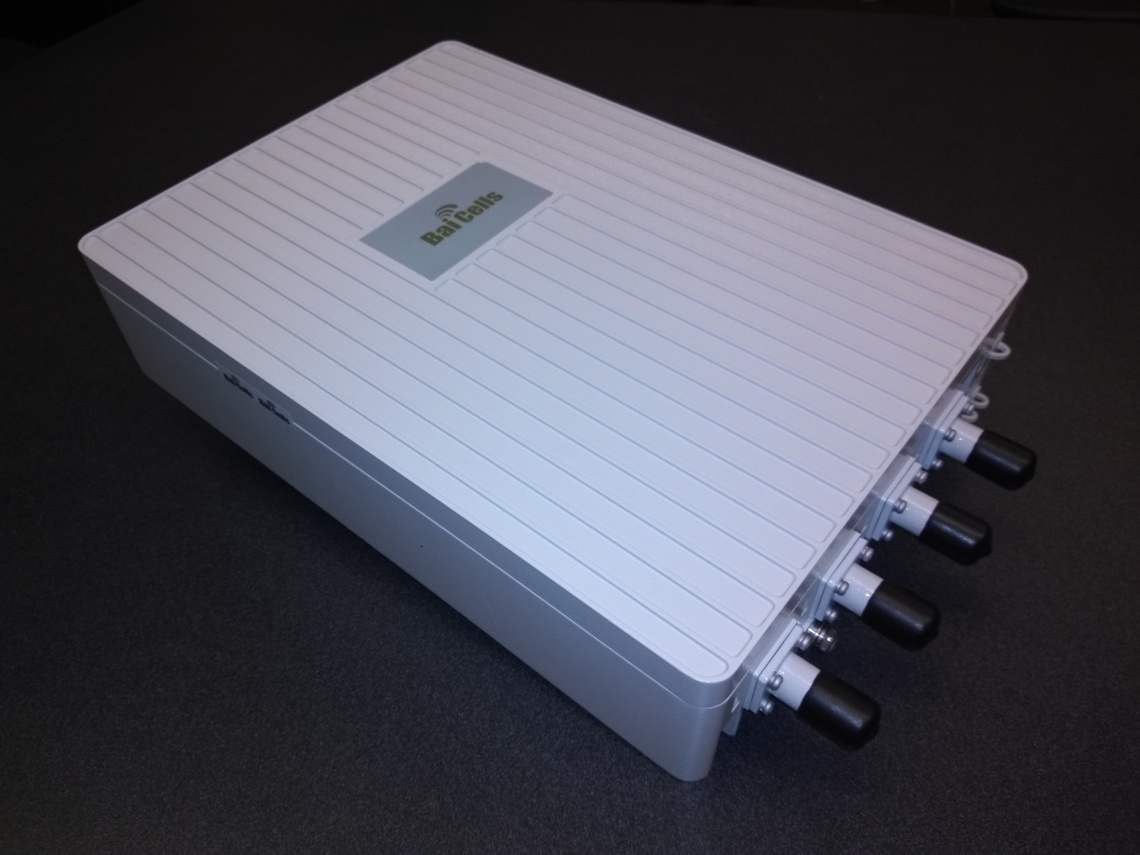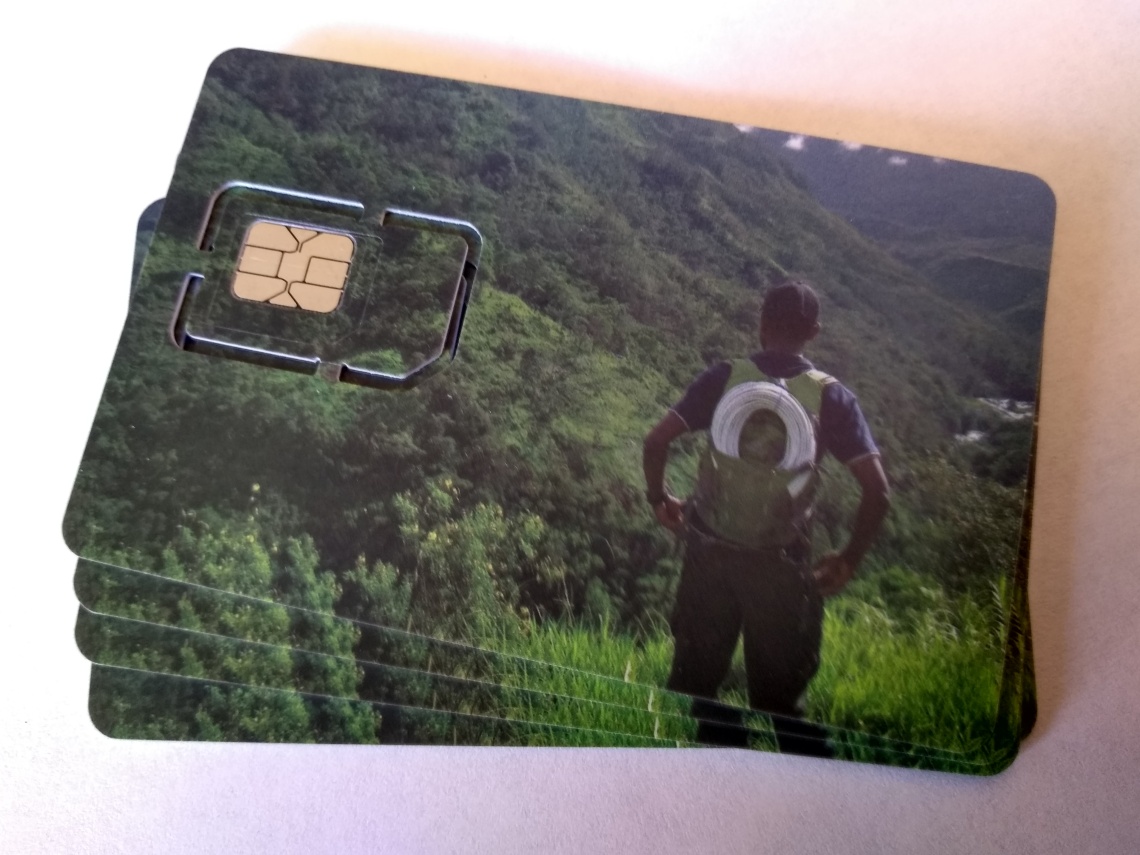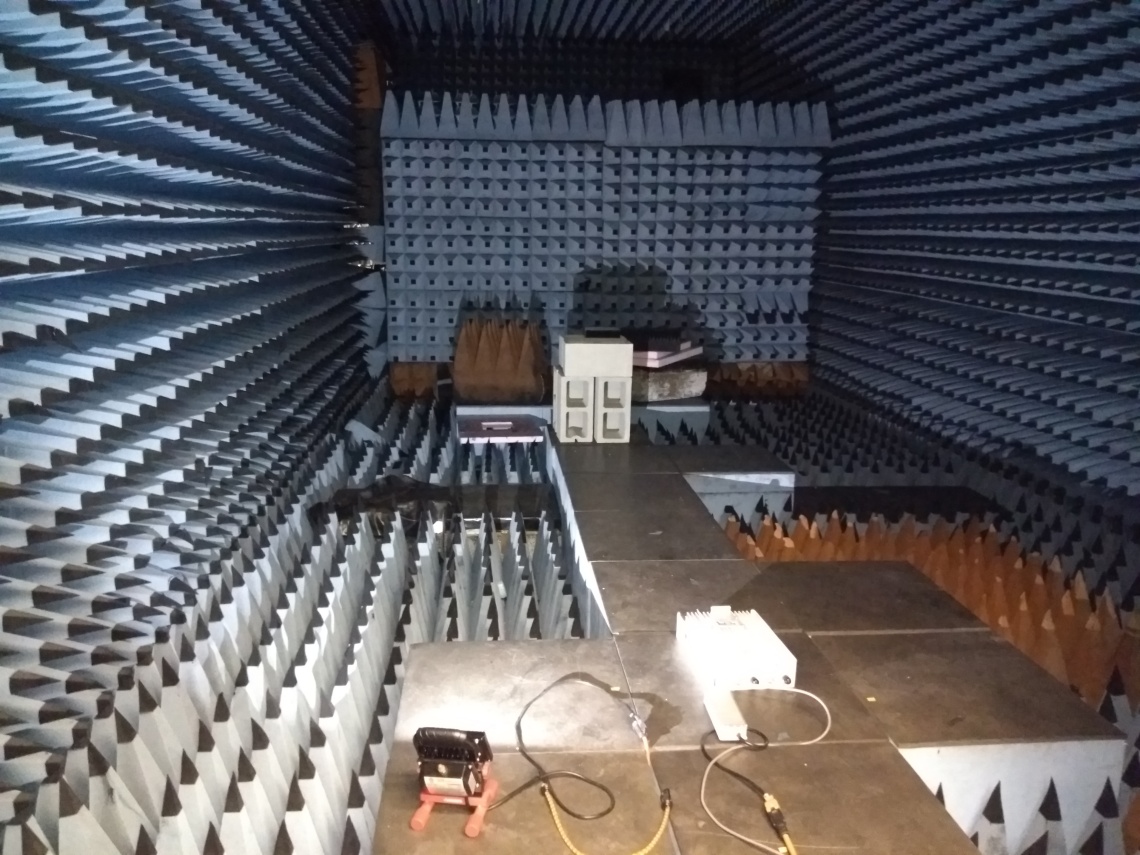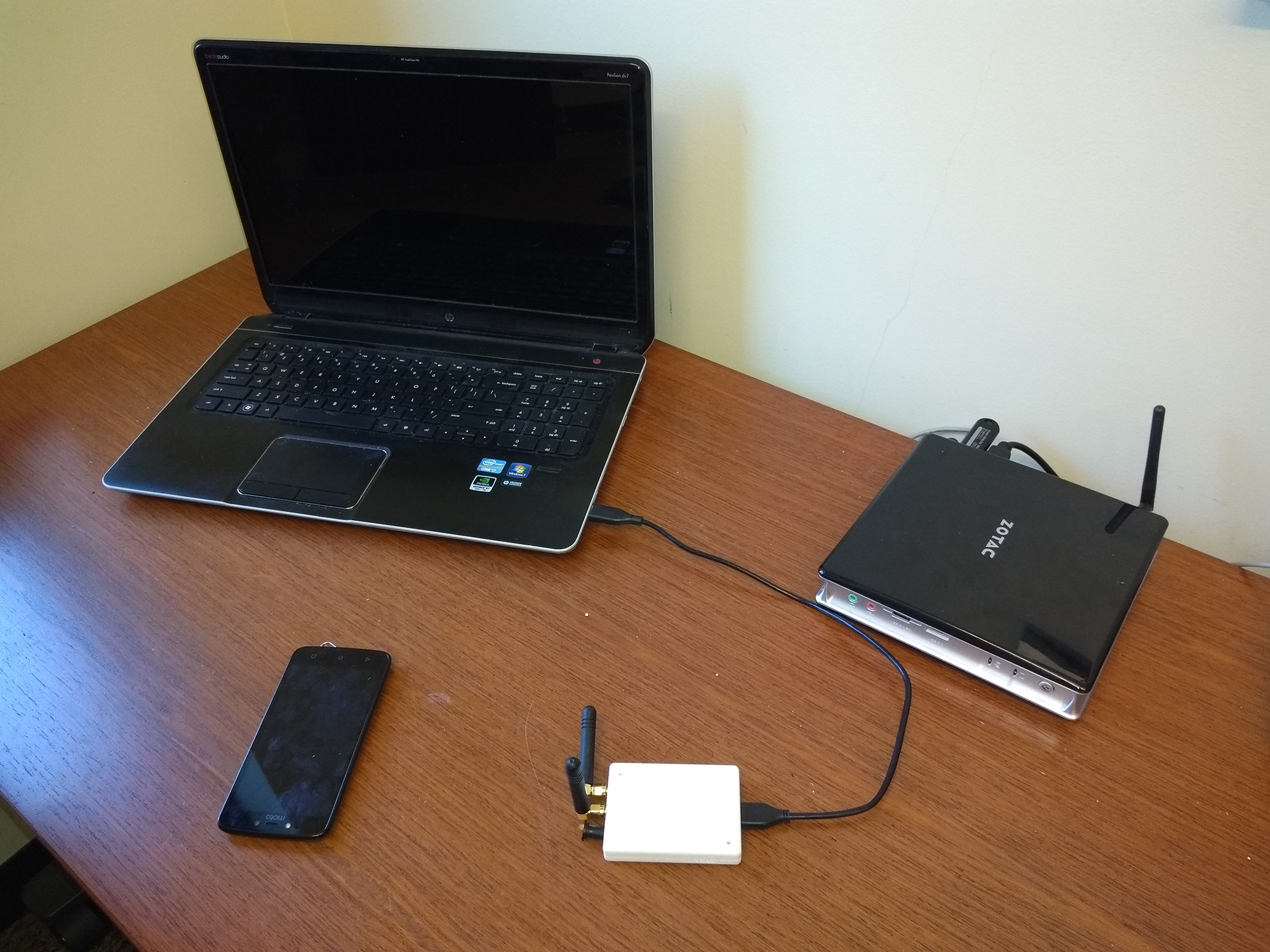Hi everyone! My name’s Spencer, I’m a postdoc at the University of Washington, and I’m super excited to introduce the Community LTE Project (CoLTE, pronounced colt-ee). I’ll be writing about CoLTE a lot over the coming years, with two main goals. First, we want to keep everyone informed of the project development, major milestones, and community engagement efforts. Second, we’re going to be sharing the story of building and deploying a rural community-run LTE network in Bokondini, Indonesia.
The writing here should be pretty casual – our target audience is everyone, regardless of technical savvyness. We want everyone who’s interested in this project to understand and follow what’s going on: whether you’re a friend, web developer, network technician, VC, or community member, if you’re interested in CoLTE, we want you to know about it! In this first post, I’m going to tell you all about this project, what led to it, where it’s at now, and where we’re headed.
What is CoLTE?
The Community LTE Project is a new approach to high-speed, LTE cellular networking that is decentralized, democratic, and community-based. The goal of CoLTE is to empower anyone (and we mean anyone!) to start their own small-scale cellular network, for fun, profit, or both. Install CoLTE, hook it up to a radio, distribute SIM cards, turn the network on, and watch phones connect. Our goal is for the whole process to be as straightforward as hooking up a WiFi router: a little bit technical, but totally doable for a regular person, and hopefully easier than setting the clock on your VCR.
From a more-technical perspective, CoLTE is a set of many different software packages (all open source!) that we’ve integrated into a single platform that works nicely together. Everything from the “guts” of the network (LTE attach, security, mobility, etc.) to network management and billing are all taken care of, and each component can be turned on, turned off, or replaced without disrupting the other parts. We’ll have a more detailed technical breakdown of this very soon, so stay tuned.
What’s the point?
The core goal of the CoLTE project is to empower individuals and communities to connect themselves to each other and the global Internet. Right now, approximately four billion people (slightly over half the world’s population!) don’t have any Internet access at all. This population is primarily located in rural and remote areas, where infrastructure is more difficult and expensive to install and maintain. Combine these increased costs with decreased revenue due to lower population density, and it’s no surprise that large telecom companies and ISPs don’t want to invest.
To make headway on this problem, we have to ensure that these incentives are taken into account. Our stance is that if a community wants Internet access, the best way for them to get it is for them to literally form a local telecom company and connect themselves. This ensures that incentives are aligned, keeps value within the local community, and empowers local actors to develop a relationship with their network infrastructure. To this effect, the best thing that we can do to support this effort is to build tools that help, enable, and empower these communities as they connect themselves.
How are things going right now?
Right now, we’re hard at work on three main thrusts: the network core, the peripheral web services, and the production environment.We’ve still got plenty more work to do, but the main parts are all operational, and we finally got everything working last week. Additionally, we’ve been coordinating with some folks on the ground in Bokondini, and are making plans to stand up our network there in Summer 2018. Over the next couple of weeks, I’ll be writing in greater detail about each of these efforts, and chronicling our day-by-day process as we start bringing extra services online and getting everything ready for production.
How can I get involved?
Rural Communities: We’re currently looking to partner with rural communities that are underserved by traditional Internet providers. Does your community not have Internet access? Does it want Internet access? We want to hear from you! Use our contact page to get in touch.
Network Operators and Developers: Want to play around with our stack? Curious about our network architecture, or think it might be a good fit for you? Want to contribute to the project or get involved? Contact me, explore our site to learn more, and check out our Github here.
Friends: Drop us a line, spread the word, and stay tuned for more adventures. Thanks for reading, and until next time, here’s a couple of pictures of our day-to-day work.
